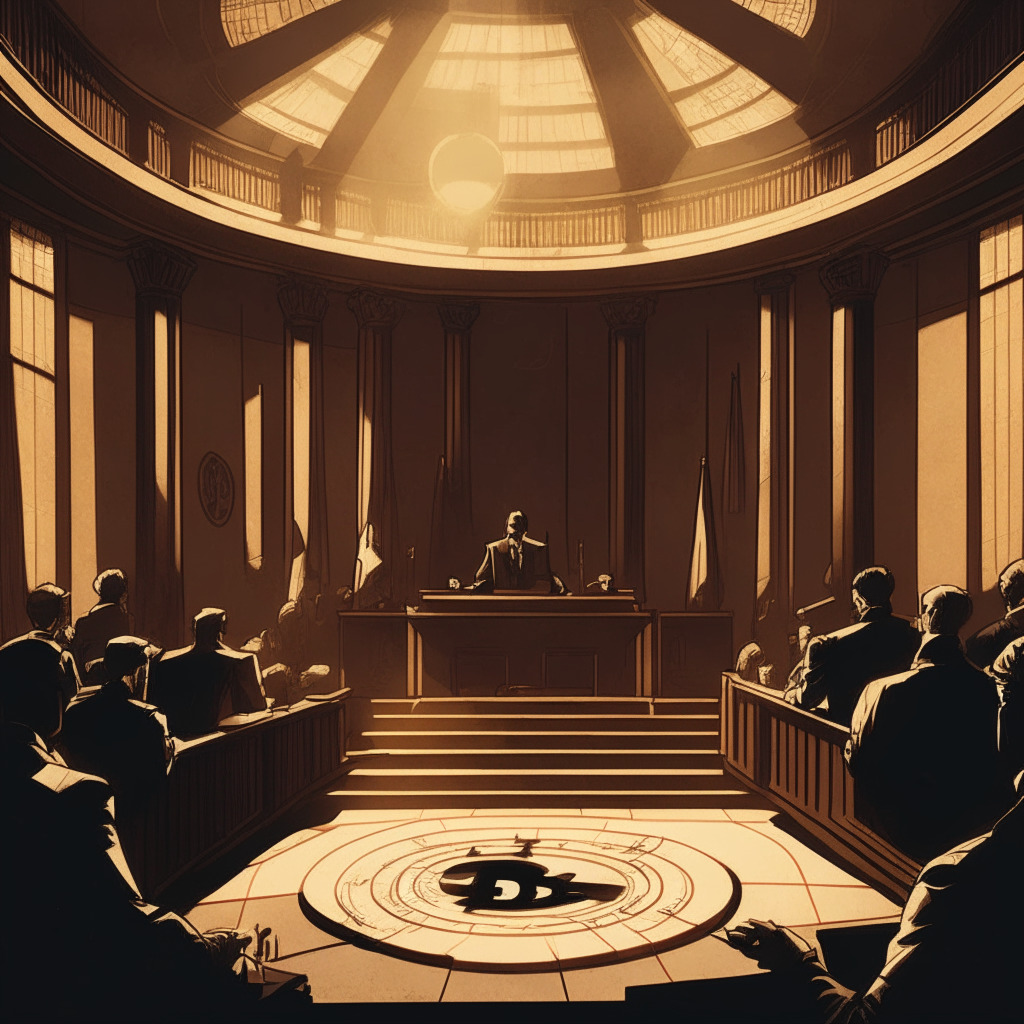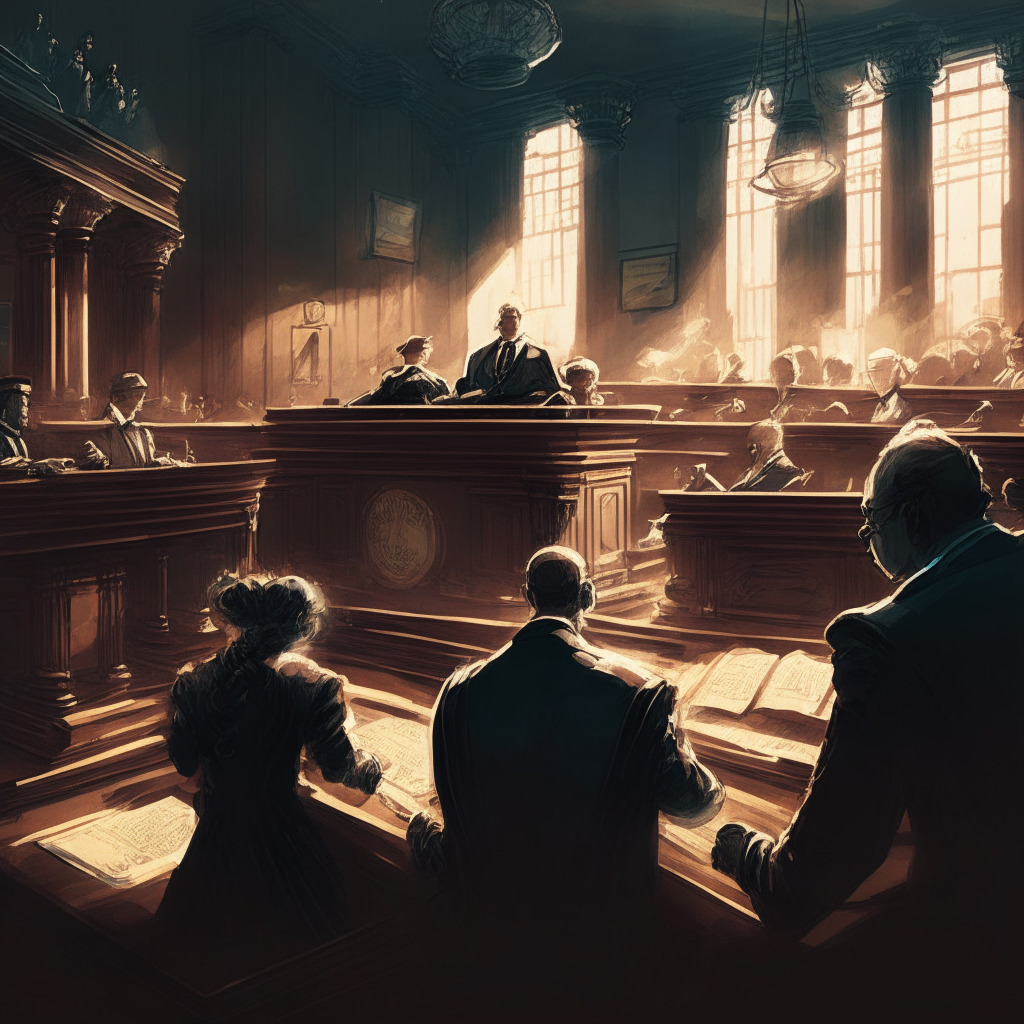The world of crypto technology faces yet another legal challenge. Sam Bankman-Fried, the former CEO of FTX, has been denied an appeal for early release by a panel of judges from the United States Court of Appeals for the Second Circuit. Appeals based primarily on First Amendment grounds didn’t sway Circuit Judges John Walker Jr., Denny Chin, and William Nardini to reconsider the decision. They opined that the district court had accurately determined that Bankman-Fried’s actions constituted witness tampering.
This is a tough stance for the crypto mogul, with his freedom implicated and the reputation of his former company potentially at stake. On the other hand, some argue that this could also be seen as a case of the U.S legal system striving to ensure due process and maintain the integrity of the financial sector. Moreover, it underlines the government’s commitment towards curbing unlawful activities, emphasizing that even high-profile figures aren’t exempt from the law.
The verdict is a wake-up call for those in the crypto industry who may intentionally or inadvertently violate regulatory standards in their quest for innovation. At the same time, it raises questions about the potential stifling influence of strict regulations on creativity and progress in this technological field.
While this might seem as a doomsday scenario for some crypto enthusiasts, the other side of the coin presents us with an industry playing by the rules, and thus breeding trust. This will eventually bring in more investors who were, until now, skeptical about the lack of regulatory oversight in the crypto world.
In the district court’s view, lesser restrictive alternatives like limiting Bankman-Fried’s communication with the press, were deemed not ‘a workable solution longer term.’ This might incur doubts about the balance between freedom of speech and lawful conduct in the crypto industry. Either way, it’s evident that a nuanced approach may be warranted to ensure the sustainable future of blockchain and crypto technologies.
This failed appeal serves as an important reminder and caveat for industry players that bending legal and regulatory norms could result in consequences. While it’s a jarring moment for crypto believers, it could be the bitter pill that pushes the industry towards improved accountability and streamlined regulation. Unless industry professionals and regulators can find a common language, such confrontations may keep making headlines. As the story continues to unfold, one thing is crystal clear: the regulatory future of crypto remains a complex, [uncaptioned] puzzle.
Nonetheless, the decision is undoubtedly a significant landmark in the evolving relationship between the crypto world and the existing legal framework, potentially affecting further dialogue and decision-making on crypto regulations.
Source: Cointelegraph




